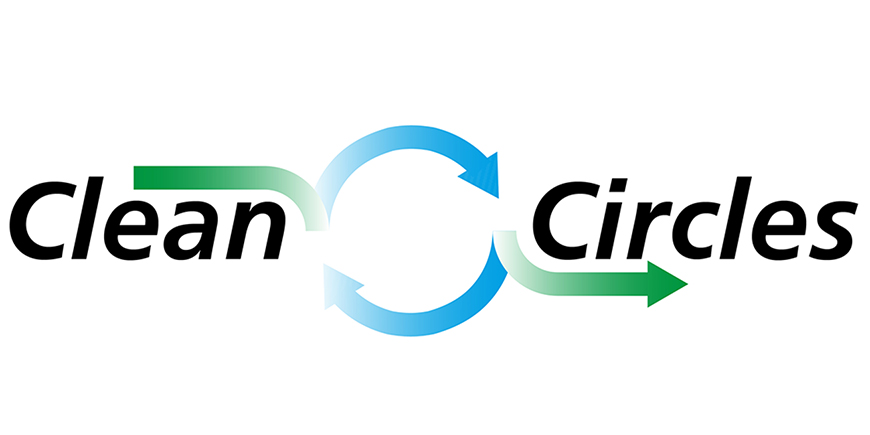Technological innovations such as iron as an energy source are contingent, among others, upon public perceptions of the costs and benefits. Broadly speaking, for specific issues such as the energy transition, the general public can be divided into two segments – one containing individuals that are more or less inattentive and uninformed about the issue with relatively low degrees of interest, the other containing relatively attentive and informed individuals with relatively high degrees of interest.
Participants in specific issue publics typically engage in participatory action aiming to influence the mainstream public discourse and persuade members of the general public. They monitor news coverage attentively and react to it in ways that are determined by various factors, such as their perceptions of news coverage, their objective and perceived political advantages or disadvantages in the contestation, or their perceptions of their political opponents.
The energy transition is a highly contested public policy issue with opposing camps following the issue closely. To understand the informational environment that information on iron as an energy source will meet, it is crucial to understand the dynamic interplay between mainstream news coverage of the energy transition and the conflicting members of the attentive issue public. For this purpose, we will conduct panel surveys among members of conflicting camps of the attentive energy issue public and connect their perceptions, arguments and participatory intentions to the contents of media coverage. On this basis, we will be able to assess how information on the new technology will resonate in the media as well as among opposing camps of the attentive issue public.
Scientific questions
- Which argument repertoires concerning energy supply and storage do opponents and proponents of the energy transition make use of?
- How do opponents and proponents of the energy transition perceive news coverage, how do they perceive their political opponents, how and to what degree do they intend to persuade the inattentive public over time?
- Which argument repertoires concerning energy supply and storage do media employ in their news coverage?
- How does news coverage of energy supply and storage associate with opponents’ and proponents’ perceptions of mainstream news, of their political opponents as well with their participatory goals and intentions?



